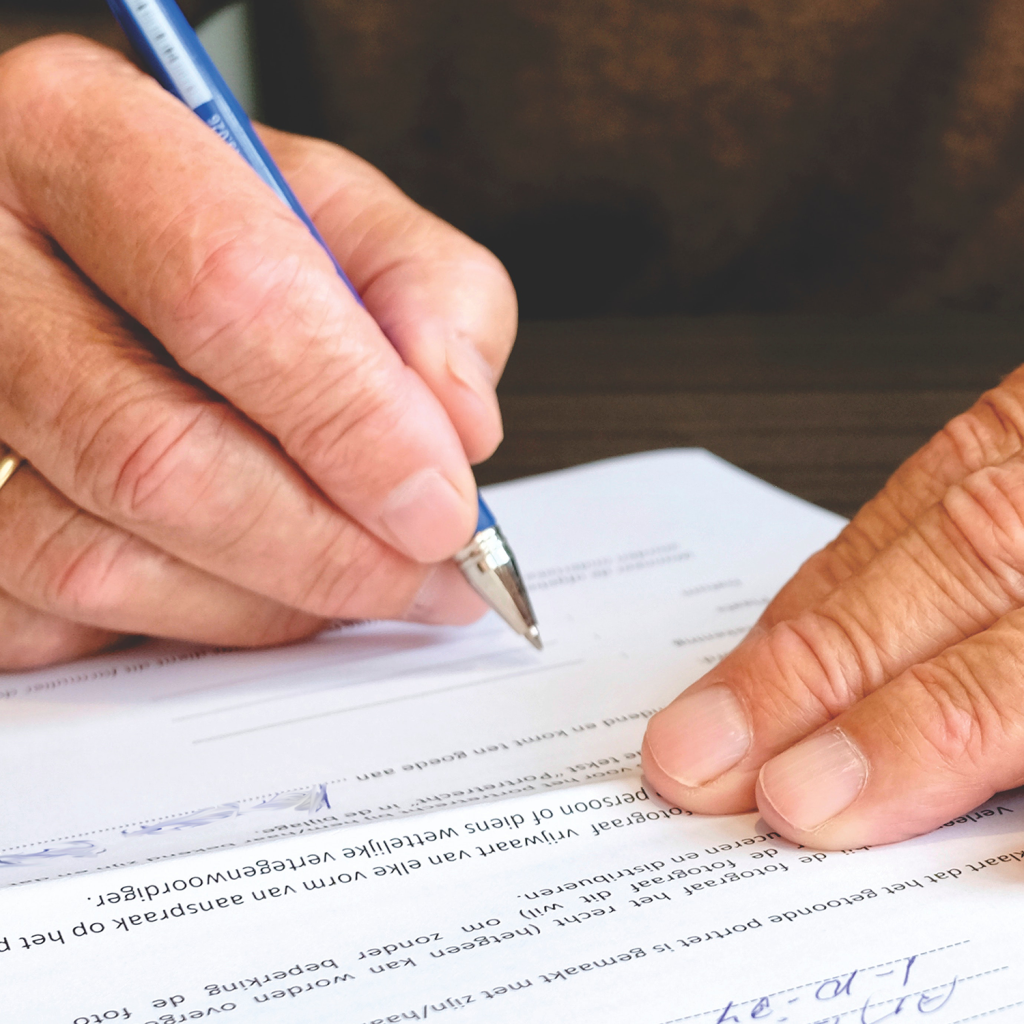01 Mar CORONAVIRUS LEGISLATION INCLUDES MEDICARE EXPANSION OF TELEMEDICINE

President Trump signed Coronavirus (COVID-19) legislation on March 6 permitting expansion of Medicare coverage for telemedicine in outbreak areas to help contain and treat COVID-19. This is particularly important to those at high risk including older people and people of all ages with severe health conditions (heart disease, lung disease, diabetes, etc.). Medicare Part B (medical insurance) and Medicaid also covers a test to see if you have COVID-19. The FDA has indicated it shipped more than 1.1 million testing kits. The test order (usually you pay nothing for Medicare–covered clinical diagnostic laboratory tests) is covered by your doctor or other healthcare provider if you got the test on or after February 4, 2020 (although the providers will need to wait until April 1, 2020 to submit a claim for the test). As of March 7, less than 5,861 specimens had been tested (compared to 179,000 in South Korea). Labs and equipment to run them are limited (Dallas County has a lab). Prior to the March 6 COVID-19 legislation, telemedicine covered by Medicare was limited to residents in rural areas who had long road trips for treatment from medical specialists. The new law waives that restriction due to the ever-increasing public health emergency caused by COVID-19.
According to the Center for Disease Control and Prevention, older adults are twice as likely to have COVID-19 illness since: (1) as people age, their immune system changes making it harder for their body to fight off disease and infection; and (2) many older adults are also more likely to have underlying health conditions that make it harder to cope and recover from illness.
Well-known precautions include: (1) wash your hands often (20 seconds per time – especially after sneezing or coughing with soap and water; (2) stay at home when you are sick; (3) cover your mouth and nose when you cough or sneeze; (4) see your doctor if you think you are ill; (5) get the flu vaccine; (6) if older, ask for obtaining extra medication or mail order medication if you need to stay at home; (7) have enough groceries to stay at home; (8) avoid touching your face, nose and mouth; (9) to the extent possible, avoid touching highly-touched surfaces in public places (or use your sleeve or tissue); (10) clean and disinfect your home; and (11) avoid crowds – especially in poorly ventilated spaces.
If interested in learning more, consider attending our next free “Estate Planning Essentials” workshop by calling us at (214) 720-0102 or sign up by clicking here.










